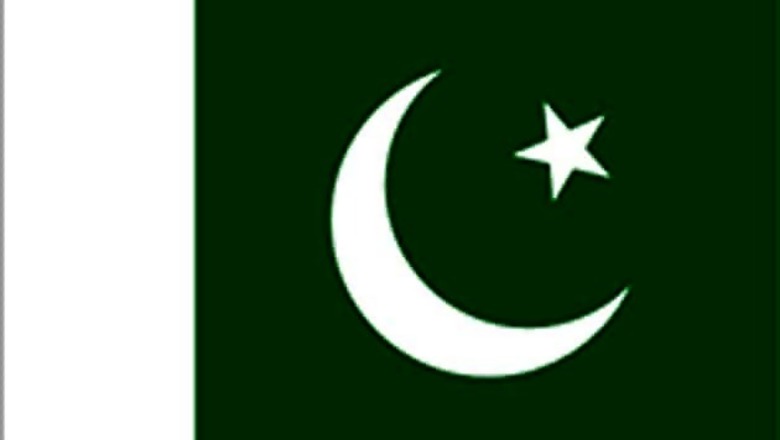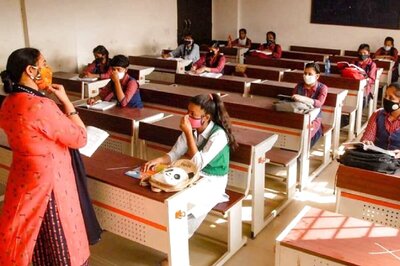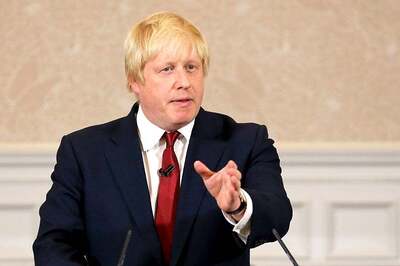
views
Karachi: Bound together by hatred of the United States and support for insurgents fighting in Afghanistan, a revived coalition of supposedly banned Islamist extremists and rightwing political parties is drawing large crowds across Pakistan.
The emergence of the "Defence of Pakistan Council" movement has raised suspicions that the group has approval from elements in the powerful military and security establishment, aiming to bolster public support for a hardline position.
The group's rise comes as the military is trying to assert its position in renegotiating its troubled relationship with the United States and as Pakistan prepares for elections likely to take place later this year.
Some of the leading lights in the Defence of Pakistan Council have traditionally been seen as close to the security establishment, which has a long history of propping up radicals to defend its domestic interests or fight in India and Afghanistan.
On Sunday, the group's bandwagon rolled into Karachi, the country's commercial heart. Between 20,000 and 30,000 men gathered close to a monument to Pakistan's founder, Mohammed Ali Jinnah, whose vision of a liberal, secular Pakistan is often contrasted to the rise of hardline, often violent groups in the country.
The star of the gathering was Hafiz Saeed, the head of Jamaat-ud-Dawa, a front group for Lashkar-e-Taiba, the militant group accused by India and the West of sending Pakistani militants by boat to Mumbai in 2008 where they killed 166 people in attacks on a hotel and other sites. "We demand Pakistani rulers quit the alliance with America," said Saeed, who was placed under house arrest after the Mumbai attacks but has slowly re-emerged in public, without a response from authorities.
"There can be no compromise on the freedom and sovereignty of the country."
Members of Dawa patrolled the rally, some armed with automatic weapons, others on horseback. Also represented on stage and in the crowd were Sipah-e-Sahaba, a feared Sunni extremist group that has carried out scores of attacks on minority Shiites in recent years. Its members have reportedly formed alliances with al-Qaeda operatives in Pakistan.




















Comments
0 comment